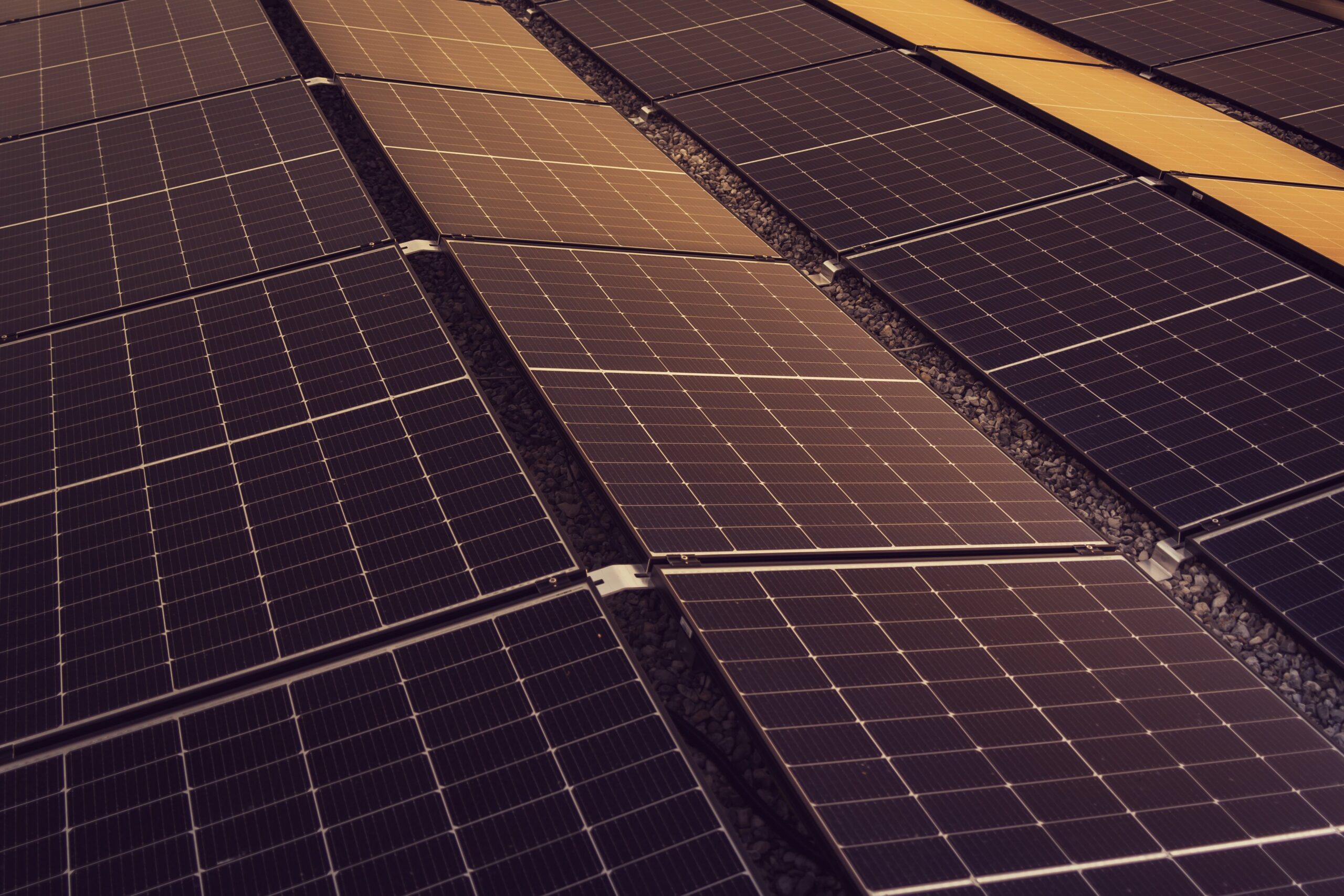As a follow-up to the 2024 report on “The Future of Energy Intensive Industries in Northwest Europe,” WEC Netherlands took another look at the significant challenges facing energy-intensive industries (EII) in Northwest Europe (NW Europe) due to higher energy prices and energy transition costs. This new study highlights the existential challenges facing companies in NW Europe, including declining production and plant closures. It questions whether moving EII operations to other parts of the world is beneficial for long-term welfare and whether there is social value in retaining substantial parts of them.
Social-cost-benefit analysis needed
To ground societal discussions about the EII’s future, the report emphasizes the need for a thorough, empirical social cost-benefit analysis (SCBA). It outlines three methodological choices for conducting an SCBA: 1) defining scenarios, 2) market demarcation, and 3) selecting private and societal costs and benefits.
The report introduces four scenarios for 2040:
- full retention with renewable energy and green hydrogen;
- full retention with natural gas and CCS;
- partial relocation;
- full relocation.
Trade-offs between retaining and relocating production
Economic insights reveal that decarbonizing the EII involves broader adjustments to the energy system, including investments in renewable energy generation, electricity and hydrogen transport, and flexibility enhancement. The deep-dive analysis shows that the investments in for instance the electricity grid that are related to decarbonizing the EII in the Netherlands are very substantial. However, relocating production outside Europe will still lead to decarbonization costs which affects product prices and will ultimately be borne by European consumers. In addition, the relocation of competitive local industries due to temporary distortions of the level playing field causes negative social impacts.
Environmental impacts depend on the destination of relocation. With NW-European producers being among the most efficient in CO2 emissions globally, relocation outside of Europe will likely lead to higher global CO2 emissions. Strategic autonomy is highlighted as increasingly important due to geopolitical tensions and the weaponization of international trade. These benefits should be weighed against possible higher production costs in NW-Europe.
Main role market mechanisms
The market mechanisms should play a leading role in determining the allocation of scarce resources and production factors. Climate policies should be coordinated at the European level to avoid distortions and corrected for differences with the rest of the world.
While further quantitative research is needed, this report clearly outlines the main challenges and makes it clear that the future competitiveness of the EII in NW-Europe balances on a knife’s edge and requires action now.
WEC-NL consortium
Rabobank, Shell, EBN, TNO, Vopak, Port of Rotterdam, Gasunie, Vattenfall, PwC, New Energy Coalition, Nouryon, WEC Future Energy Leaders
Receive report
Would you like to receive the full report? Then please leave your details below. You will receive a link by email to download the full report.



